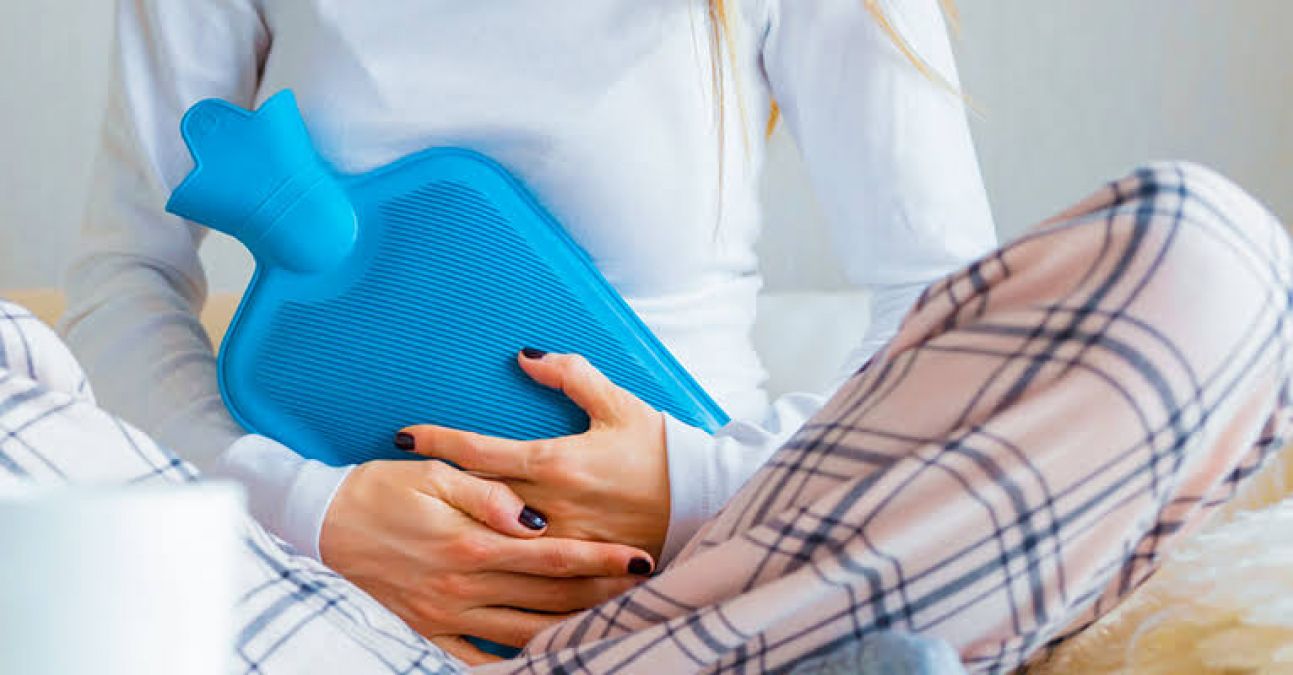
Hormones play a vital role in a woman's overall health and well-being. They regulate various bodily functions, including the menstrual cycle. However, hormonal imbalances can lead to menstrual irregularities and premenstrual syndrome (PMS), causing discomfort and affecting daily life. While medication is an option, there are natural approaches and lifestyle changes that can help women manage these issues effectively. In this article, we will explore these approaches and provide valuable tips for balancing hormones naturally.
Understanding Hormonal Imbalances
Hormonal imbalances can occur due to various factors, including stress, poor nutrition, lack of exercise, and certain medical conditions. These imbalances can manifest as irregular periods, heavy or light bleeding, and PMS symptoms such as mood swings, bloating, and fatigue.
1. Maintain a Balanced Diet
Eating a nutritious and well-balanced diet is crucial for hormone regulation. Incorporate the following dietary tips into your daily routine:
Fiber-rich Foods: Include plenty of fruits, vegetables, and whole grains in your diet to support digestive health and hormone balance.
Healthy Fats: Consume sources of healthy fats, such as avocados, nuts, and fatty fish, to support hormonal production.
Lean Proteins: Opt for lean sources of protein like chicken, fish, and legumes to provide essential amino acids.
Limit Sugar and Processed Foods: Excessive sugar and processed foods can disrupt hormonal balance, so minimize their consumption.
2. Manage Stress
Chronic stress can lead to hormonal imbalances. Implement stress-reduction techniques like yoga, meditation, deep breathing exercises, and mindfulness to help keep cortisol (the stress hormone) levels in check.
3. Regular Exercise
Physical activity plays a significant role in hormone regulation. Aim for at least 30 minutes of moderate exercise most days of the week. Activities like brisk walking, cycling, and swimming can help improve hormonal balance.
4. Adequate Sleep
Sleep is when the body repairs and restores itself. Aim for 7-9 hours of quality sleep each night to support hormonal health.
5. Stay Hydrated
Proper hydration is essential for overall health and can help alleviate PMS symptoms. Aim to drink at least 8 glasses of water daily.
6. Herbal Remedies
Certain herbs have been found to help balance hormones naturally. These include:
Chasteberry: Often used to alleviate PMS symptoms and regulate menstrual cycles.
Black Cohosh: May help with menopausal symptoms and hormonal imbalances.
Maca Root: Known for its hormone-balancing properties and potential to improve mood and energy levels.
Always consult with a healthcare professional before incorporating herbs into your routine, especially if you are on medication or have underlying medical conditions.
7. Limit Caffeine and Alcohol
Excessive caffeine and alcohol consumption can disrupt hormonal balance. Moderation is key, so consider reducing your intake of these substances.
8. Maintain a Healthy Weight
Maintaining a healthy weight is important for hormonal balance. Excess body fat, especially around the abdomen, can disrupt hormone production. Aim for a balanced and sustainable weight management plan through diet and exercise.
9. Track Your Menstrual Cycle
Keeping a menstrual cycle diary can help you identify patterns and better manage your hormonal fluctuations. There are many apps available that can make this process easier.
10. Seek Professional Guidance
If you are experiencing severe menstrual irregularities or PMS symptoms that significantly affect your quality of life, it's essential to consult a healthcare provider. They can provide personalized recommendations, including hormone therapy or other medical interventions if necessary.
Balancing hormones naturally is achievable with the right lifestyle changes and holistic approaches. By maintaining a healthy diet, managing stress, getting regular exercise, and incorporating natural remedies wisely, women can effectively manage menstrual irregularities and PMS. Remember that individual experiences vary, so it's crucial to consult a healthcare professional for personalized guidance and support on your hormonal health journey.